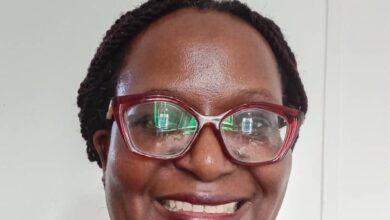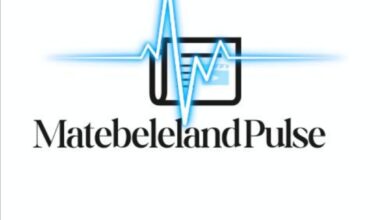ZAMI 2024: Calls for fair wealth distribution, accountability

Thembelihle Mhlanga
Bulawayo, Zimbabwe – At the ongoing Zimbabwe Alternative Mining Indaba (ZAMI) held yesterday, a stark contrast emerged between the nation’s abundant mineral wealth and the pervasive poverty affecting its citizens.
Key speakers raised urgent concerns about debt inequality and the detrimental impacts of the extractive industry, emphasizing the need for reform and equitable resource distribution.
Reverend Sikhalo Cele of the Zimbabwe Council of Churches (ZCC) opened the discussion, highlighting a critical disparity: “Resources are enough for everyone,” he asserted, “but they only benefit a few individuals.” His powerful statement resonated throughout the event, echoing the frustrations of many attendees regarding the unequal sharing of wealth derived from Zimbabwe’s rich mineral resources.
Dr. Mxolisi Sellah, a natural resource expert, shed light on the troubling cycle of international borrowing that compounds the nation’s economic challenges. “Zimbabwe is poor despite its mineral wealth because we are borrowing from international institutions using yet-to-be-mined minerals as collateral,” he explained. This practice not only jeopardizes future revenues but also intensifies the financial strain on the current economy.
Malvin Daka from Hwange provided a gripping account of coal extraction’s adverse effects on local communities. “The extraction of coal has devastated the lives of ordinary citizens,” he lamented, detailing how residents suffer from harmful emissions and low wages. “We bear the brunt of all forms of emissions from the mines, and yet we receive low wages for our labor,” he stressed, illustrating the stark divide between corporate profits and the struggles of local workers.
The discussions also addressed the environmental repercussions of the extractive industries, with various speakers calling for enhanced accountability and transparency. Reverend Cele reiterated the urgent need for regulatory measures, stating, “Without proper regulation, the extraction processes will continue to harm our communities and our land.”
These conversations reflect a growing discontent among Zimbabweans regarding the management of their natural resources. As the nation confronts economic challenges, the demand for equitable wealth distribution and sustainable practices in the extractive sector is more pressing than ever.
The ZAMI serves as a vital platform for dialogue, aiming to address these disparities and advocate for policies that ensure Zimbabwe’s resources benefit all citizens, not just a privileged few. As the Indaba continues, the voices of those most affected will drive the narrative toward accountability and reform, shaping a more just and sustainable mining industry in Zimbabwe.





